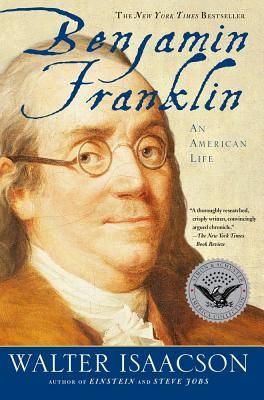Home
The Academic Mind and Reform: Influence of Richard T. Ely American Life
Loading Inventory...
Barnes and Noble
The Academic Mind and Reform: Influence of Richard T. Ely American Life
Current price: $35.00


Barnes and Noble
The Academic Mind and Reform: Influence of Richard T. Ely American Life
Current price: $35.00
Loading Inventory...
Size: Paperback
*Product Information may vary - to confirm product availability, pricing, and additional information please contact Barnes and Noble
For over two generations economist Richard T. Ely popularized a wide spectrum of significant liberal social principles and mirrored many of the dilemmas, frustrations, and successes of the academician as a reformer. He was the originator of many ideas that agitated American reform circles in the late nineteenth and early twentieth centuries, and unlike most professors of his time, he frequently engaged in the public controversies that raged around the crucial social issues of the day.
Through the use of Ely's vast published writings and his large collection of personal papers, Benjamin G. Rader shows him to have been the most provocative spokesman in America of the New Economics which was an important stimulus to the reform efforts in the late nineteenth century. The New Economics inaugurated the institutional economics of the twentieth century and influenced such men as John R. Commons, Thorstein Veblen, Wesley C. Mitchell, and later John K. Galbraith.
Ely's influence on higher education, Rader concludes, was inestimable. His ideas embodied the antecedents of modern welfare economics, but he was also an important figure in promoting the then-new disciplines of political economy, sociology, agricultural economics, and land economics.
Through the use of Ely's vast published writings and his large collection of personal papers, Benjamin G. Rader shows him to have been the most provocative spokesman in America of the New Economics which was an important stimulus to the reform efforts in the late nineteenth century. The New Economics inaugurated the institutional economics of the twentieth century and influenced such men as John R. Commons, Thorstein Veblen, Wesley C. Mitchell, and later John K. Galbraith.
Ely's influence on higher education, Rader concludes, was inestimable. His ideas embodied the antecedents of modern welfare economics, but he was also an important figure in promoting the then-new disciplines of political economy, sociology, agricultural economics, and land economics.


















